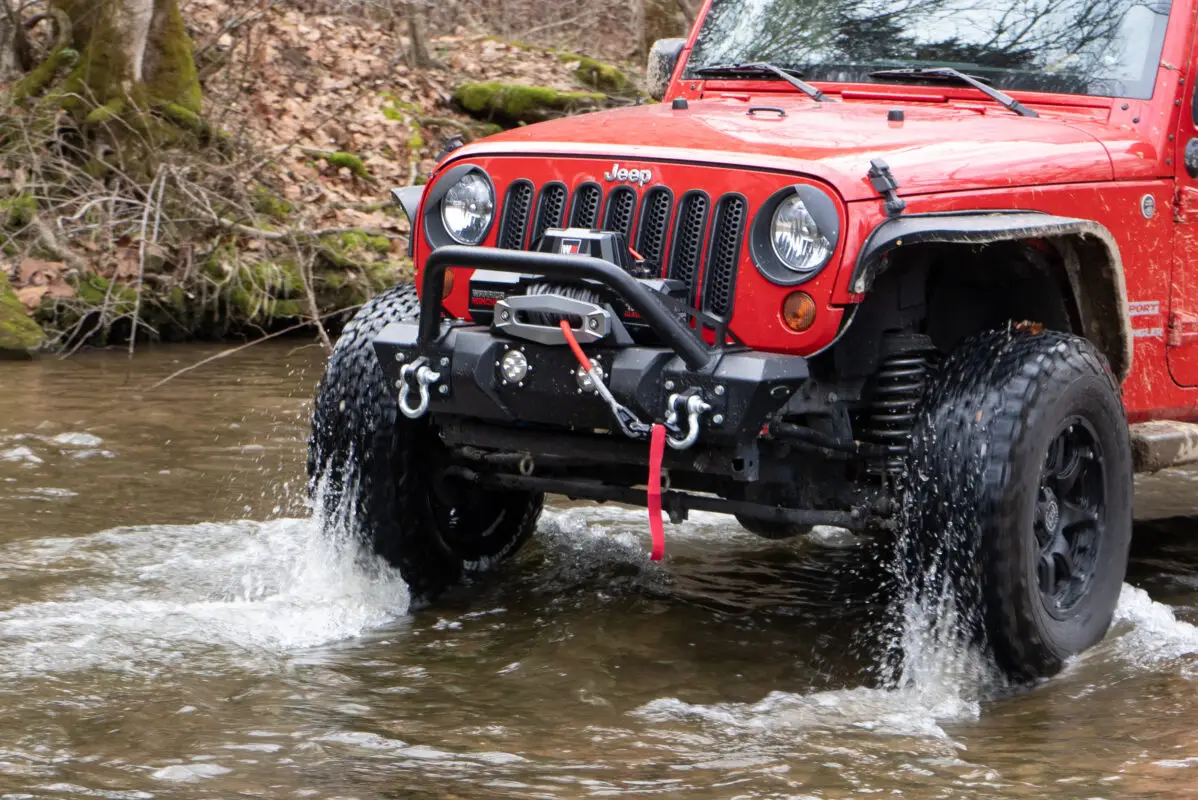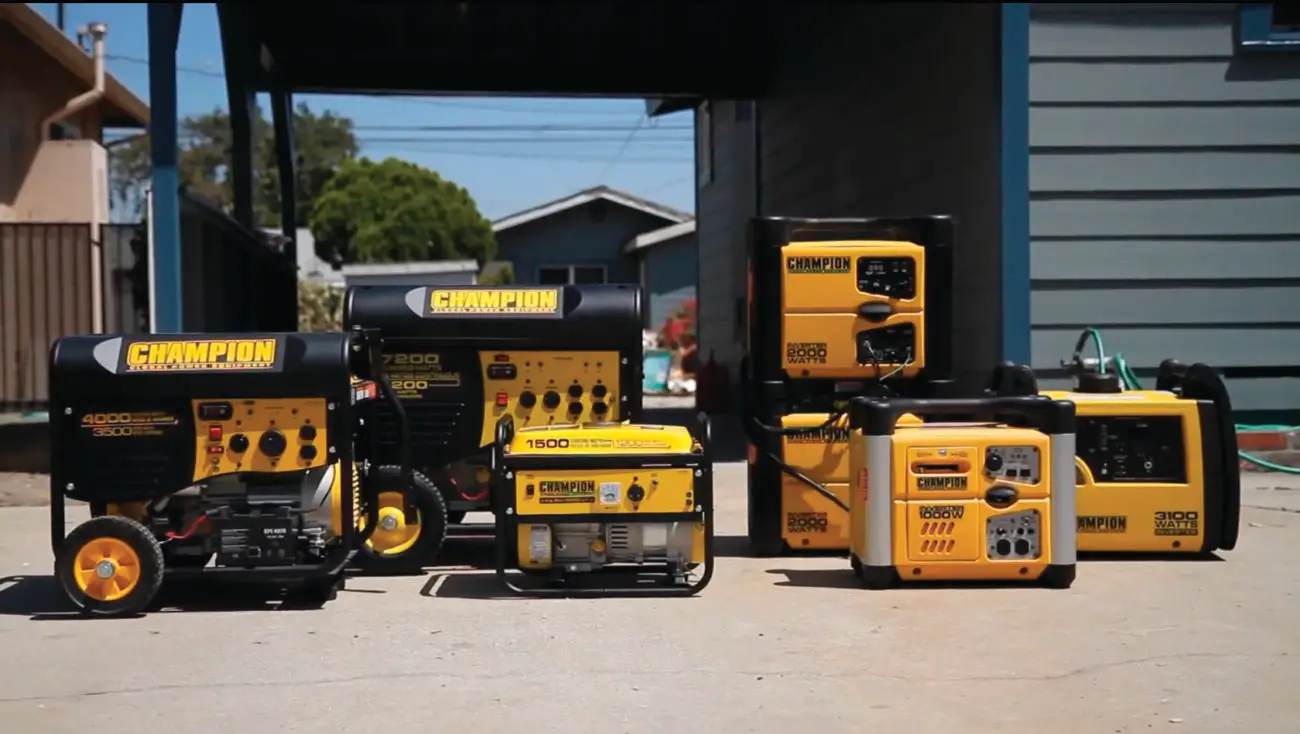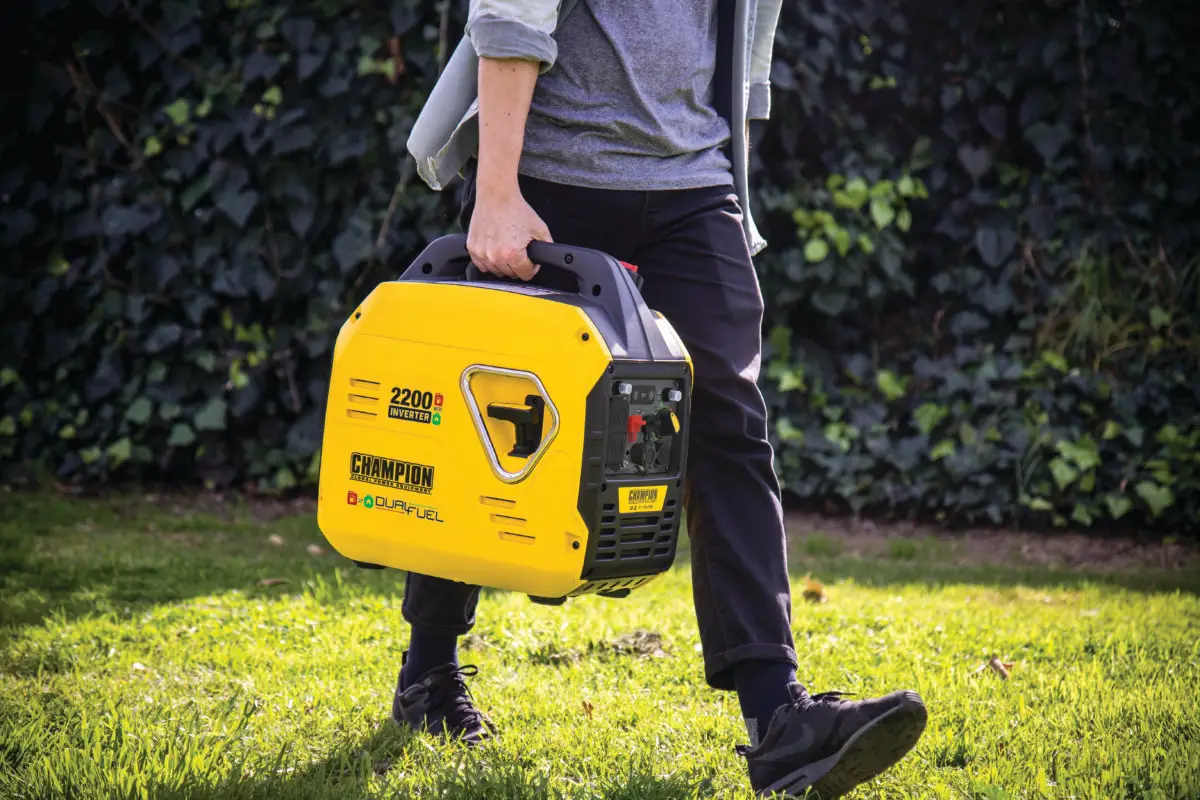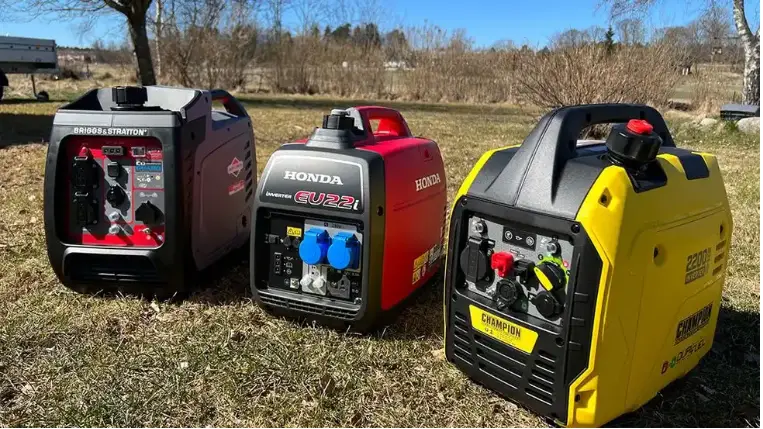Water Pump

Water Pumps Explained
If you’re researching water pumps, chances are you need to move water — and fast. Whether you’re draining a flooded basement, irrigating crops, or managing water flow in an industrial system, choosing the right pump can make all the difference.
In this guide, we’ll cover everything you need to know about water pump types, their most common uses, and the key factors to consider before making a purchase. Let’s dive in.
What Is a Water Pump?
A water pump is a mechanical device designed to move water from one place to another, usually through pipes or hoses. It works by creating pressure that pushes or pulls water, allowing it to travel across distances or elevations.
Water pumps are widely used in residential, agricultural, commercial, and industrial settings. They can be powered by electricity, fuel (like gasoline or diesel), or solar energy — and some models are portable for flexible use on job sites or in emergencies.
Common Uses for Water Pumps
Water pumps are incredibly versatile and are used in a wide range of situations:
- In homes, they’re used to remove floodwater, boost water pressure, or pump water from wells and storage tanks.
- In agriculture, pumps play a critical role in irrigation, water transfer, and supplying livestock with clean water.
- Construction and mining operations rely on heavy-duty water pumps for dewatering trenches, foundations, or tunnels.
- In industrial settings, pumps help circulate water in cooling systems, manage wastewater, and support manufacturing processes.
Whether it’s a small backyard garden or a massive industrial site, the right pump keeps everything flowing smoothly.
Types of Water Pumps
When it comes to selecting the best water pump, it helps to understand the two main categories:
Centrifugal Pumps
These are the most common water pumps, using a spinning impeller to move water. They’re ideal for pumping large volumes of clean water and are often used in irrigation, home systems, and municipal water supplies.
Submersible pumps, a subtype of centrifugal pumps, are designed to operate underwater — perfect for wells, sumps, and flooded areas.
Positive Displacement Pumps
These pumps move water by trapping a specific volume and forcing it through the system. They’re often used in specialized applications, such as pumping thick fluids, chemicals, or where precise flow control is required.
How to Choose the Right Water Pump
Selecting the right pump starts with a few key questions:
1. What will you use it for?
Your application determines the type and power you’ll need. Are you:
- Draining floodwater?
- Supplying water to a home?
- Irrigating crops?
- Pumping from a deep well?
2. How much water do you need to move?
This is measured as flow rate, typically in liters per minute (LPM) or gallons per minute (GPM). Higher flow rates mean faster water movement — critical for time-sensitive tasks like flood control.
3. What’s the total head height?
This refers to the vertical distance the pump needs to lift water, plus any friction loss in pipes or hoses. This number must match the pump’s rated Total Dynamic Head (TDH).
4. What kind of water are you pumping?
Clean water, dirty water, and water with solids all require different types of pumps. A pump designed for clean water might clog or fail if used for muddy or debris-filled water.
5. What power source will you use?
- Electric pumps are ideal for home and light-duty use.
- Gas or diesel pumps are better for remote or high-power applications.
- Solar pumps are great for eco-conscious or off-grid environments.
6. Portability and durability
For mobile jobs, choose a lightweight, easy-to-carry pump. Also, look for pumps made from corrosion-resistant materials if you’re working in wet or dirty conditions.
Maintenance Tips
Even the best water pumps need regular maintenance. Clean filters and impellers periodically, check for leaks or worn parts, and always follow the manufacturer’s service schedule. This helps extend your pump’s lifespan and ensures reliable performance when you need it most.
Final Thoughts
A good water pump is more than a convenience — it’s often a necessity. Whether you’re looking for a pump for home use, agricultural irrigation, or a high-demand industrial setup, understanding your needs and matching them with the right pump type is essential.
By considering flow rate, pressure, power source, and water type, you’ll be well-equipped to make a smart purchase that saves you time, money, and headaches down the line.

